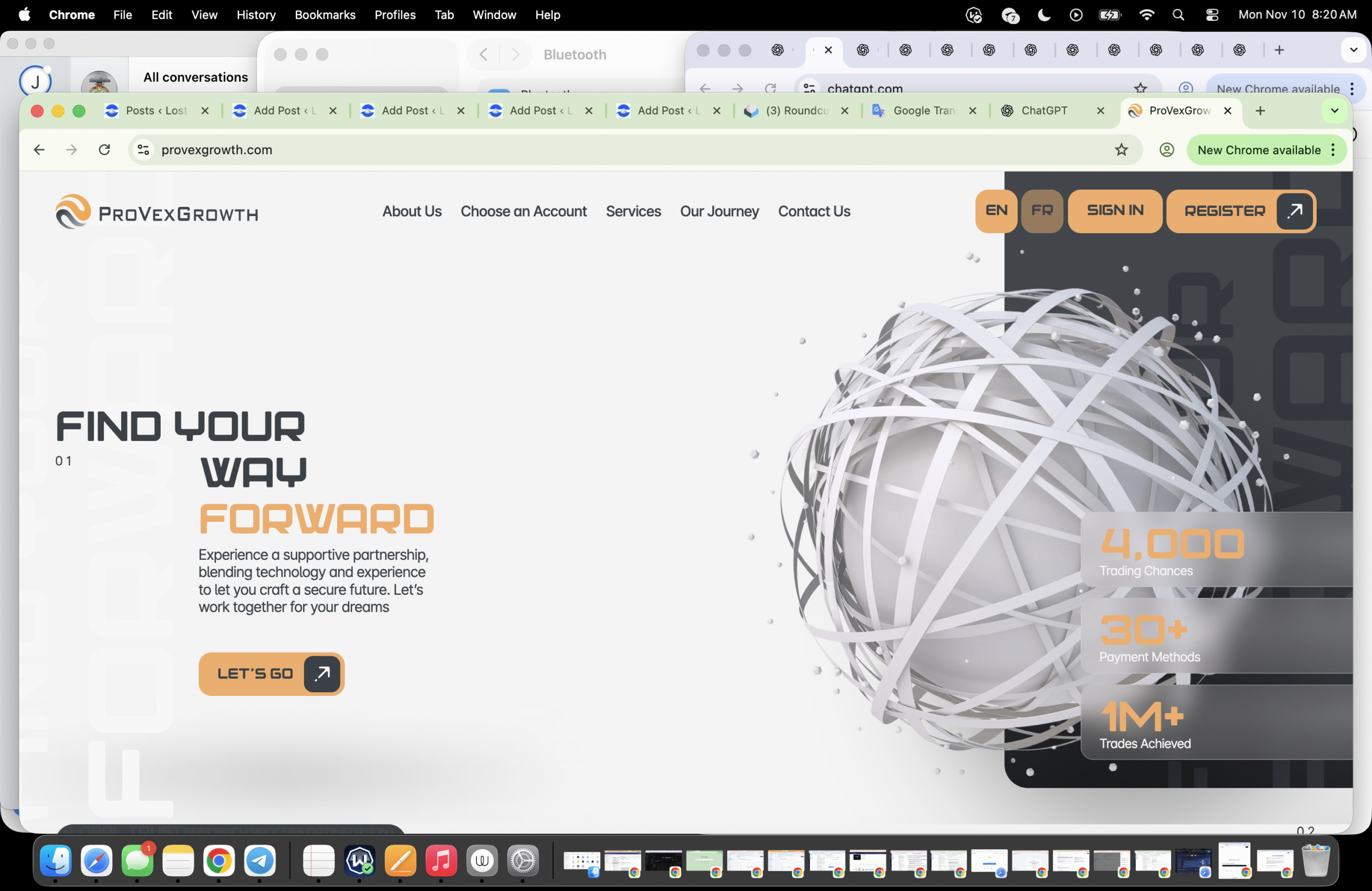TL;DR:
lssce.com, lss6.com, and lightsha.com claim to offer high-return investments through a “virtual scooter-sharing” business model. Evidence from domain registration, hidden ownership, withdrawal issues, and regulatory warnings strongly indicates a high-risk, likely fraudulent operation. Investors are urged to verify platforms and protect their assets before committing any funds.
1. Introduction – The Scooter Investment Mirage
In the past year, a cluster of online platforms has emerged promising passive income from a supposedly eco-friendly scooter-sharing network. Among these are lssce.com, lss6.com, and lightsha.com. Users are encouraged to deposit cryptocurrency, “activate” scooters, and earn daily returns of 1–3%. Some are also incentivized to recruit others via referral bonuses.
At first glance, the concept seems plausible: green mobility, tech innovation, and recurring rental revenue. However, multiple signals—including new domains, opaque ownership, early withdrawals followed by blocked funds, and regulatory alerts—indicate this is a classic Ponzi-style scheme disguised with a green tech narrative.
2. The Network of Domains and Entities
2.1 The Operators and Branding
The supposed operator behind these platforms is named Lighting Shared Scooter Company (LSSC). While the branding suggests a legitimate corporate structure, investigation shows the following:
-
lssce.com: Central website, main target for deposits.
-
lightsha.com: Linked, likely backup domain.
-
lssc6.com: Secondary platform in the network.
-
Other domains: lssc.ltd, lsscapp.com, lssckai.com (used for evasion and continuation).
These sites often allow users to register, deposit crypto, and track earnings via dashboards that simulate “active scooters” generating revenue.
2.2 Domain History and Ownership
-
lssce.com: Registered in 2024, ownership hidden through privacy protection.
-
lssc6.com & lightsha.com: Similarly new and opaque.
Short domain age and hidden registrant details are classic warning signs for high-risk platforms. Always verify platforms before investing to confirm legitimacy.
2.3 Infrastructure Red Flags
-
Shared hosting with multiple other low-trust websites.
-
Multiple domain names suggest evasive tactics to avoid detection or blacklisting.
-
Lack of verifiable corporate address, phone number, or legal registration.
3. How the Business Model is Promoted
Across all LSSC platforms, the marketing narrative is consistent:
-
Virtual scooter activation: Users deposit crypto to “activate” scooters, which supposedly generate rental income.
-
Daily returns: Claims of 1–3% daily, or weekly payout cycles.
-
Referral programs: Recruiting others increases personal earnings.
-
Dashboards: Users see scooters “online” and “earning,” creating a sense of legitimacy.
-
Withdrawal limitations: Early small withdrawals may succeed, but larger withdrawals are blocked or require “upgrade fees.”
Reality Check: No verifiable scooter fleet exists. The dashboards and returns are likely fabricated, designed to create the illusion of profit.
4. Red Flags: Warning Signs That Cannot Be Ignored
4.1 Unlicensed and Unregulated
-
LSSC platforms are not registered with any recognized financial or securities regulator.
-
Offers investment-like returns without disclosure or compliance.
4.2 Unrealistic Returns
-
Daily returns of 1–3% are mathematically unsustainable.
-
Promises of “guaranteed profits” are classic Ponzi tactics.
4.3 Withdrawal Obstacles and Extra Fees
-
Users report small early withdrawals, followed by blocked or frozen accounts.
-
Requests for “upgrade fees” or additional deposits often appear before larger payouts.
4.4 Referral-heavy System
-
Heavy emphasis on recruiting others aligns with pyramid scheme behavior.
4.5 Domain Switching
-
When one domain is flagged, the operators migrate to another, confusing investors and prolonging the scheme.
4.6 Hidden Ownership
-
WHOIS records are protected; no verifiable corporate or operational details exist.
4.7 Low Trust Ratings
-
Independent review platforms consistently assign very low trust scores.
5. Real-World User Reports
Victims report a recurring pattern:
-
Early deposits appear profitable → builds trust.
-
Small withdrawals succeed, encouraging reinvestment.
-
Withdrawal issues arise → funds are blocked.
-
Requests for extra fees or account upgrades to unlock funds.
-
Domains vanish or shift, and dashboards go offline.
Some users report losing thousands of dollars in cryptocurrency, with no recourse due to the irreversible nature of digital assets.
6. Regulatory Alerts and Legal Considerations
-
Canadian authorities and other regulators have explicitly warned that LSSC platforms are unregistered and cannot legally offer securities or investment advice.
-
Without proper regulation, users have no guaranteed recovery path.
-
Cryptocurrency transactions exacerbate risk, as once funds are sent, they cannot be reversed.
For education on crypto safety and minimizing exposure, see asset protection guidelines.
7. Psychological Tricks and Social Engineering
These platforms use behavioral manipulation to lure investors:
-
Urgency & FOMO: Limited-time offers like “activate now” or “upgrade before pool fills.”
-
Social proof: Fake testimonials or chat communities on WhatsApp/Telegram.
-
Small wins: Early withdrawals build trust and create illusion of legitimacy.
-
Complex dashboards: Terms like “virtual scooters” and “rental pools” confuse non-experts.
-
Authority cues: Professional-looking website, stock images, and logos.
Understanding these tactics is essential for recognizing high-risk platforms early.
8. How the Scam Likely Operates
-
Deposit Phase: Users invest in virtual scooters using crypto.
-
Demo / Small Payout Phase: Minor returns build trust.
-
Upsell & Recruitment: Users are encouraged to reinvest or refer others.
-
Withdrawal Lock-In: Larger withdrawals blocked or require extra fees.
-
Domain Switch / Disappearance: Websites move to new domains to avoid shutdowns.
-
Ponzi Payout Structure: New deposits fund earlier investors until the flow slows.
The scooter-sharing narrative is purely cosmetic; there is no evidence of real fleets or rentals.
9. Domain-Specific Notes
9.1 lssce.com
-
Registered 2024, hidden ownership.
-
Withdrawal issues reported.
-
Low trust ratings.
9.2 lightsha.com
-
Created 2024, low trust rating.
-
Limited user reports, no verifiable operations.
9.3 lssc6.com
-
Young domain, hidden owner.
-
Reports describe referral pressure and blocked withdrawals.
10. Why the Scooter Narrative Works
-
Appealing story: Eco-friendly, green mobility theme.
-
Dashboards simulate earnings: Reinforces perceived legitimacy.
-
Current trend exploitation: Users feel the model is “modern” and credible.
The model relies entirely on new deposits funding earlier investors—the hallmark of a Ponzi scheme.
11. Protecting Yourself and Avoiding High-Risk Platforms
-
Verify regulation: Only invest with licensed, audited companies.
-
Check operations: Ask for verifiable audits, real assets, and fleet records.
-
Avoid unrealistic returns: Promises of daily profits are red flags.
-
Use crypto cautiously: Irreversible transactions increase risk.
-
Check domain age and ownership: Short-life domains with hidden registrants signal caution.
-
Be wary of referral schemes: Heavy emphasis on recruitment indicates pyramid dynamics.
-
Test withdrawals with small deposits: Abort if withdrawal is blocked.
-
Keep records: Save all communication and transaction logs.
-
Don’t rush: Legitimate investment platforms allow due diligence time.
12. External Resource for Crypto Safety
For an authoritative resource on preventing crypto fraud, see Investopedia’s Crypto Fraud Prevention Guide.
13. Summary & Final Thoughts
The LSSC network (lssce.com, lightsha.com, lssc6.com) exhibits classic scam indicators:
-
Unrealistic, guaranteed returns.
-
No verifiable fleets, rental operations, or audited financials.
-
Heavy referral and recruitment focus.
-
Young domains with hidden ownership.
-
Withdrawal blockages and extra fee requests.
Investor Actionable Steps:
-
Avoid sending funds to these platforms.
-
Verify any platform’s credentials and operational legitimacy.
-
Protect assets by following asset protection guidelines.
-
Consult professionals if unsure about crypto investments.
In short, the “scooter-sharing” façade is a lure. Users who engage with these platforms face a high probability of financial loss, and the schemes are designed to be virtually unrecoverable.



